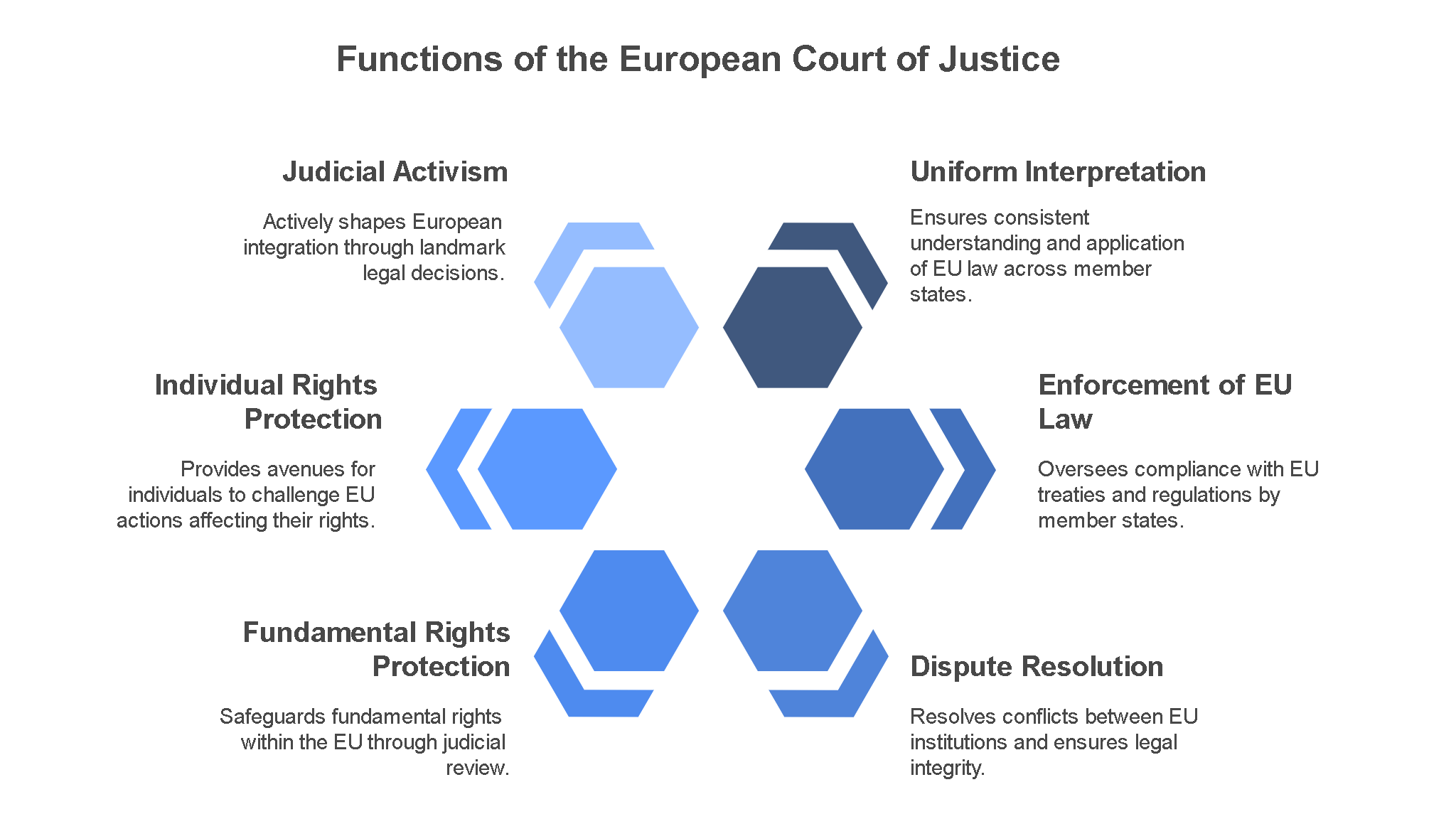Positive liberty, a concept proposed by political philosopher Isaiah Berlin, refers to the capacity or ability of individuals to control their own lives, achieve self-realization, and fulfill their potential. Unlike negative liberty, which emphasizes freedom from external constraints or interference, positive liberty focuses on the presence of enabling conditions or opportunities that empower individuals to lead autonomous and flourishing lives.
In the framework of positive liberty, individuals are not merely free from external coercion or restraint but also have the resources, capabilities, and opportunities necessary to pursue their own interests, goals, and aspirations. This includes access to education, healthcare, economic resources, political participation, and other social goods that enhance individuals’ ability to exercise their freedom effectively.
Positive liberty emphasizes the role of social and economic factors in shaping individuals’ freedom and autonomy. It recognizes that inequalities of wealth, power, and opportunity can limit individuals’ ability to lead autonomous lives and pursue their own conception of the good. Therefore, promoting positive liberty requires addressing structural barriers and injustices that hinder individuals’ ability to achieve their full potential.
Critics of positive liberty argue that it can lead to paternalism, coercion, and authoritarianism if pursued without due regard for individual rights and autonomy. They caution against state intervention or imposition of values in the name of promoting individuals’ well-being, as this may undermine individual freedom and dignity.
However, proponents of positive liberty contend that it is essential for fostering social justice, human development, and collective flourishing. They argue that promoting positive liberty requires not only removing obstacles to individual freedom but also creating conditions that enable individuals to lead meaningful and fulfilling lives.
Overall, positive liberty complements negative liberty by recognizing that freedom is not merely the absence of external constraints but also the presence of opportunities and capabilities that enable individuals to realize their potential and live according to their own values and aspirations. By promoting positive liberty, societies can create more inclusive, equitable, and flourishing communities where all individuals have the opportunity to thrive.



Leave a Reply